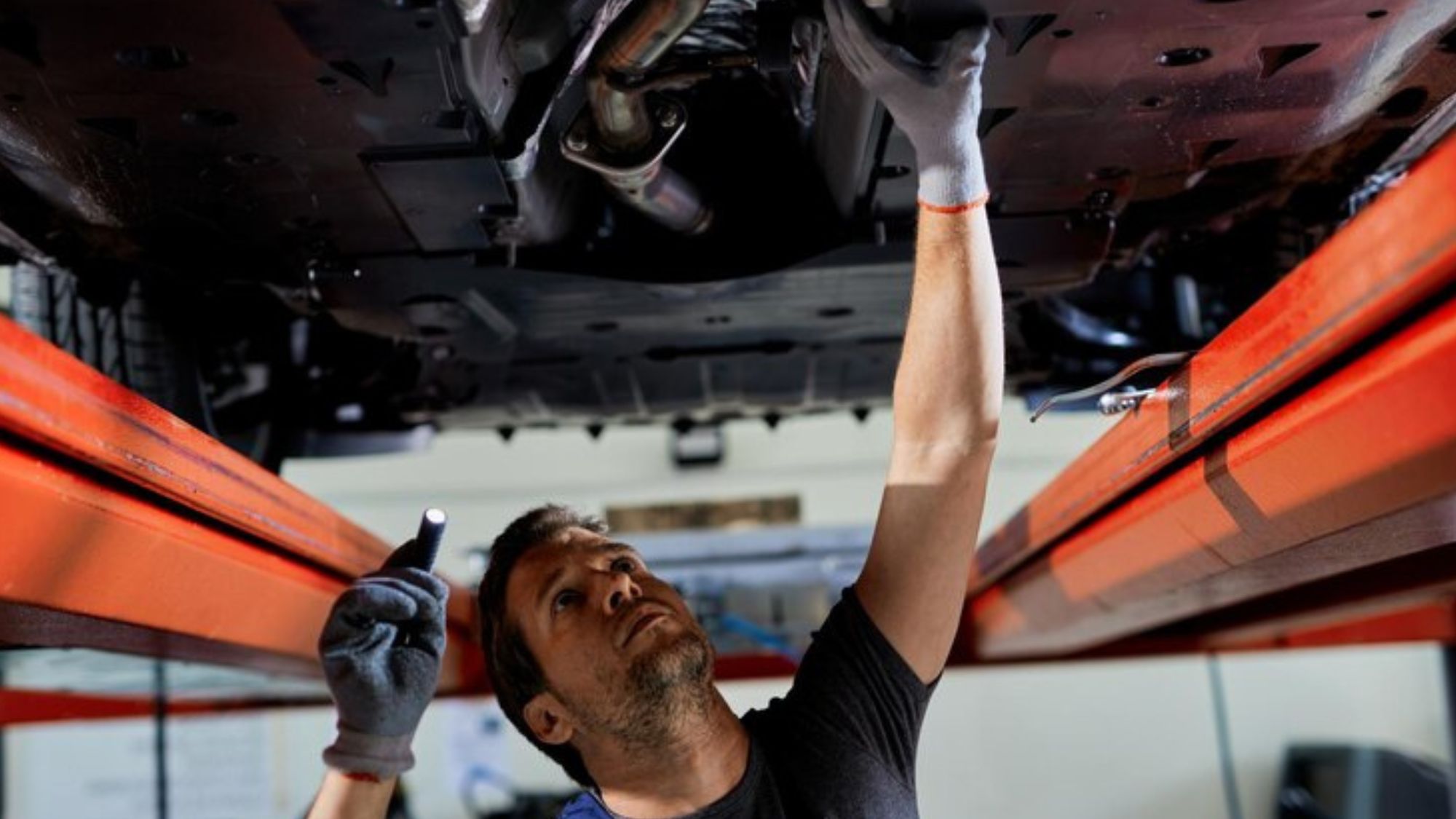Importance of Exhaust Maintenance for Optimal Performance

In the realm of vehicle maintenance, many components require attention to ensure optimal performance. One such vital component that often goes overlooked is the exhaust system. Neglecting regular custom exhaust maintenance can have far-reaching consequences, not only for the vehicle but also for the environment and the well-being of its occupants.
Enhanced Performance and Efficiency
To clean and maintain a healthy exhaust system is paramount to the overall performance and efficiency of any vehicle. The exhaust system plays a crucial role in eliminating harmful gases produced during the combustion process, including carbon monoxide, nitrogen oxides, and hydrocarbons. If the exhaust system is compromised or poorly maintained, these pollutants can accumulate and adversely affect the engine’s performance, leading to decreased fuel efficiency, loss of power, and potential damage to the engine over time.
By ensuring regular exhaust maintenance, such as inspecting and replacing worn-out components like catalytic converters, mufflers, and oxygen sensors, vehicle owners can optimize the engine’s performance and fuel efficiency. A well-functioning exhaust system facilitates the smooth expulsion of exhaust gases, allowing the engine to operate at its intended capacity and preventing unnecessary strain on other engine components.
Environmental Impact
Regular exhaust maintenance is essential for reducing harmful emissions and minimizing the ecological footprint of automobiles. The exhaust system reduces the amount of pollutants released into the atmosphere when it is operating at peak efficiency. This is especially important given the growing worries about climate change and air pollution.
The combustion process in an engine produces various pollutants, including carbon monoxide (CO), nitrogen oxides (NOx), and hydrocarbons (HC). A well-maintained exhaust system is designed to effectively capture and process these pollutants before they are released into the environment. For example, the catalytic converter plays a critical role in converting harmful gases into less harmful substances through chemical reactions. Regular maintenance ensures that the catalytic converter and other exhaust system components are functioning correctly, allowing them to effectively reduce emissions.
By adhering to regular maintenance routines and promptly addressing any exhaust system issues, vehicle owners actively contribute to reducing their carbon footprint. Vehicles that maintain their environmental responsibility are better able to meet the emission criteria that are set by regulatory bodies thanks to well-maintained exhaust systems. This helps not just the local ecosystem but also the worldwide endeavors to mitigate air pollution and address climate change.
Safety Considerations:
Regular exhaust maintenance is not only crucial for vehicle performance and the environment but also for the safety of vehicle occupants. The exhaust system plays a pivotal role in redirecting toxic gases away from the cabin and preventing them from infiltrating the vehicle’s interior.
One of the most dangerous exhaust gases is carbon monoxide (CO). It is a colorless, odorless, and tasteless gas that can be lethal when inhaled in high concentrations. A faulty exhaust system, such as a leak or a damaged component, can lead to the accumulation of carbon monoxide inside the car. This poses a severe health risk to the occupants, as they may unknowingly breathe in this toxic gas.
Regular maintenance of the exhaust system, including inspections and prompt repairs or replacements, is crucial for safeguarding the well-being of vehicle occupants. Through regular inspections, issues such as leaks or cracks in the exhaust system can be detected and addressed promptly. By preventing the entry of hazardous fumes into the cabin, regular exhaust maintenance ensures a safe driving environment and protects occupants from potential carbon monoxide poisoning.
Preserving Vehicle Longevity:
Neglecting regular exhaust maintenance can have costly consequences in the long run. A poorly maintained exhaust system can lead to a cascade of problems, affecting other engine components and potentially causing irreparable damage.
For instance, a malfunctioning catalytic converter can result in engine overheating. The catalytic converter plays a vital role in reducing emissions and preventing the engine from running too hot. If the catalytic converter fails, the engine’s temperature can rise beyond safe levels, leading to engine damage and potential breakdown. Repairing or replacing a damaged catalytic converter or other exhaust system components can be an expensive endeavor.
Owners of automobiles can increase the lifespan of their vehicles. And save money on future repairs by investing in routine exhaust maintenance. Preventive maintenance can save costs and inconvenience by performing routine checks. And replacing worn-out parts on time. Moreover, a well-maintained exhaust system contributes to the overall health and efficiency of the engine. Ensuring optimal performance and preserving the value of the vehicle over time.
Conclusion
Regular exhaust maintenance is not a trivial matter; it is an essential aspect of vehicle ownership that should not be overlooked. From optimizing performance and efficiency to reducing harmful emissions. And ensuring the safety of occupants, the importance of a well-maintained exhaust system cannot be overstated. By adhering to regular maintenance routines, vehicle owners can reap numerous benefits.
Including improved performance, enhanced fuel efficiency, reduced environmental impact, and increased safety. Neglecting exhaust maintenance may result in compromised vehicle performance. Costly repairs, and potential harm to both passengers and the environment. As responsible vehicle owners, let us prioritize regular exhaust maintenance and contribute to a healthier. More efficient, and safer driving experience for all.



